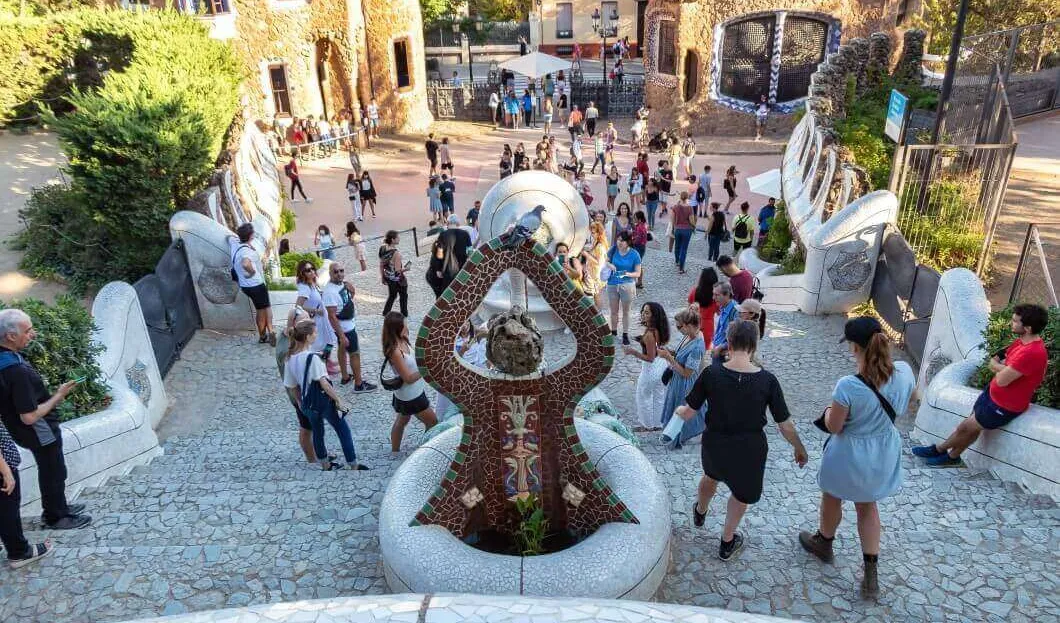
There was a time, not so long ago, when the big buzzword was "overtourism". Various popular city destinations groaned under the vast numbers of tourists who, sometimes all year round, clogged the streets and monuments, drove up prices and made life difficult for the locals. Barcelona was one of those cities that was completely overrun by its own tourist success. It led to the locals starting to fight back, not exactly armed, but with "Tourist Go Home" style spray-painting and a generally rather hostile attitude towards the many foreign visitors, which sometimes resulted in poster riots on the beaches of Barcelona.
However, the Covid pandemic has created a completely new situation. In the past two years, Barcelona fell back 20 years in terms of visitor numbers, from 30 million visitors in 2019 to just 2.8 million visitors (in 2001, the city recorded 3.1 million visitors).
Currently, 27 percent of hotels in Barcelona are still out of service, almost one in three, and due to low occupancy rates in recent weeks (between 10 and 15 percent), dozens of hotels are planning to close and not reopen until spring.
At least from spring on, business is expected to return to normal for the most part. The figures recently presented by the local hoteliers' association also clearly underline the declines in 2021: for example, between January and April 2021, with only 25 percent of hotels open, these just achieved an occupancy rate of 25 percent. Between May and September, the occupancy rate at the hotels that were now 50 percent open was then also 50 percent, and between October and December, 73 percent of all hotels were able to open, but only achieved the occupancy rates between 20 and 30 percent. No hotel can operate on that in the long term.
Not only the hotel industry has experienced the decline, but also restaurants and all sorts of small businesses that profited from the tourist masses. Within a very short time, people practically went from overtourism in Barcelon to "zero tourism". Since then, there have been no more poster campaigns against tourists, and according to reports, no more fresh spray-paintings. But is everyone happy?
Hoteliers and other tourism entities are asking tourists to return, and with them many small traders in the affected cities. However, the forecasts that the summer of 2022 will be as good as the summer of 2019 are also taken with uncertainty. Do they really want to go back to the states of overtourism for which Barcelona was a "poster child"? The ball is now in the court of the authorities to manage this tightrope walk between the return of the economically important tourists and keeping the population happy, which has become accustomed to a little more peace and quiet again.
Already, there is some positive news about the recovery of various sectors of tourism. For instance, in 2021 the Barcelona-El Prat Airport was reported to recover 91% of its destinations that were operated in 2019, despite having 14% fewer airlines and 58% fewer frequencies and operations.
Another positive news came from the MICE tourism sector announcing the Mobile World Congress (MWC) to boost the number of guests in Barcelona. While the hotel occupancy in the city was around 15% just a few weeks ago, it is expected to skyrocket to around 80% thanks to the event taking place between 28th Feb and 3rd March. Moreover, nine out of ten hotels in Barcelona will be open to welcome visitors during the international event, more than the sector anticipated.










